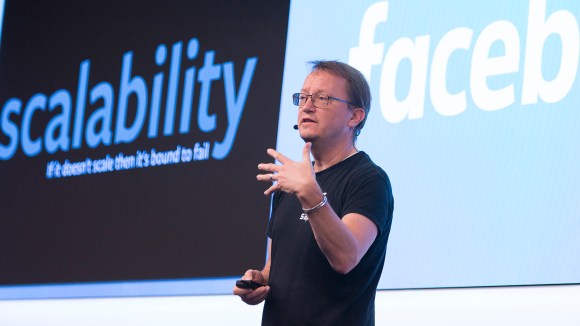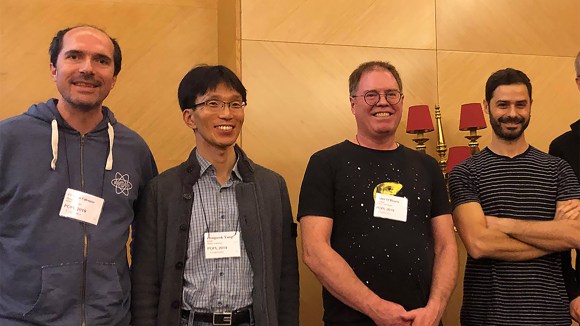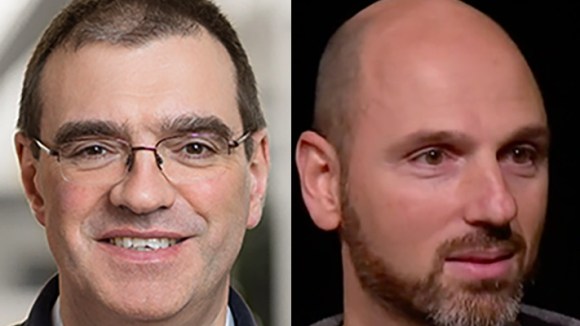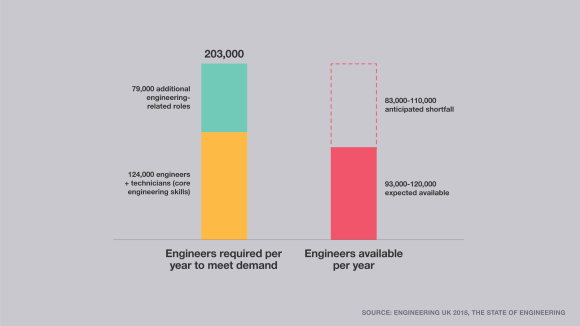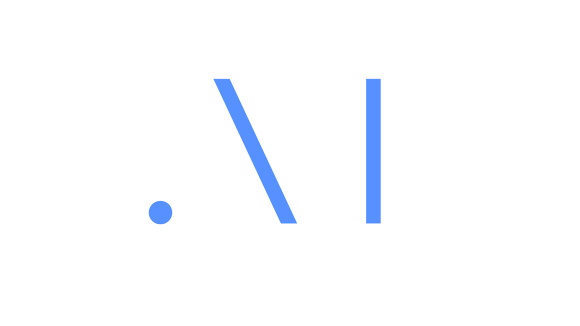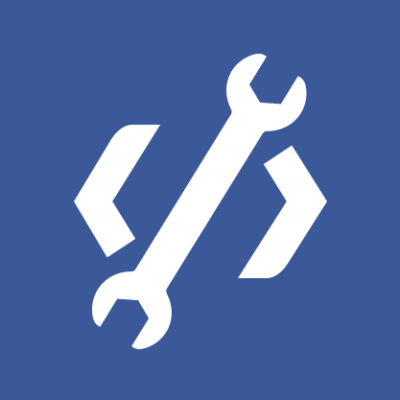At Facebook, our engineers collaborate to create an open environment where ideas win and are executed quickly. Beginning this week, our engineers will give you a look into what it’s like to ideate and build at Facebook in our new “Meet a Facebook Engineer” Q&A series. Check back every week to hear from different engineers about what problems they’re passionate about solving right now, what they’re up to at Facebook and what advice they have for you.
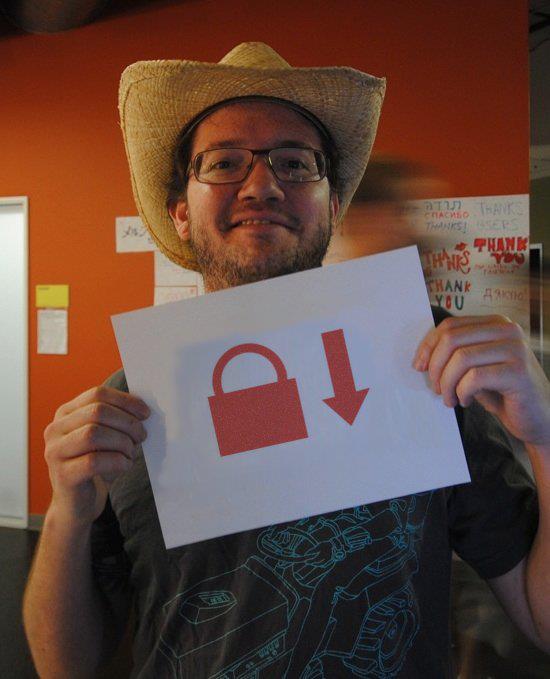
Q: What problem are you most proud of solving at Facebook?
A: I love figuring out how to measure things, especially when it involves creative use of the system. I’m most proud of Doppler, which measures worldwide packet latency and generates a mapping between user IPs and DNS resolver IPs. The fun bit is that it uses only DNS hacks and JavaScript, so it even works on smartphones.
Q: What problem are you most passionate about solving right now?
A: We’re trying to reach “0 degrees Kelvin” in our profiling tools, removing all sources of noise and error. Being able to say things with precision about a system with millions of lines of code gets everyone excited. Not because we’re hopeless nerds, but because it means we finally understand what the hell is going on. Mostly.
Q: What does a typical day look like for you?
A: I spend about a third of my time working on various tools that measure how the code on our servers behaves. Another third I spend using those tools to find code to optimize. The third third is working with the original authors to make it faster. The fourth third is for interviewing job candidates, training bootcampers, email, push support, etc. My favorite part is watching the graphs jump downward as our code hits production.
Q: Why do you come to work in the morning? Why is the work you do here meaningful to you?
A: Everyone has people they look up to. Here I get to work directly with them, on software that’s used by over 800 million people. What else can you ask for?
Q: What advice do you have for other engineers?
A: 1) Learn basic statistics and experiment design. It’s so easy to fool yourself without even knowing it. Think of it as optimizing for truth.
2) Be a gossip. For every person stuck on a problem, there’s someone else with an answer locked up in their heads. Connect them.
Carlos Bueno has been working on performance and efficiency at Facebook for about two years. He is self-taught.

